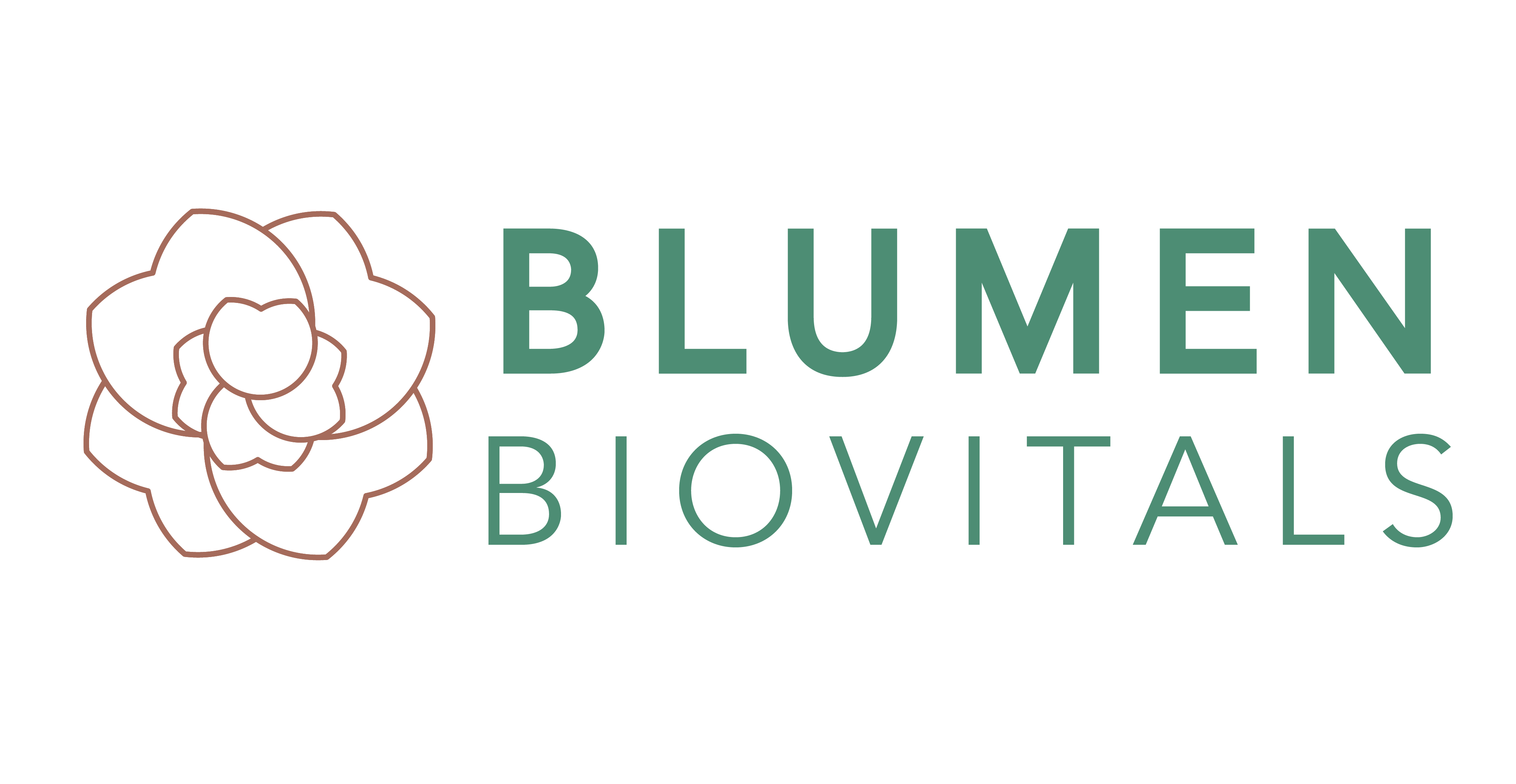Our body attempts to manage stress daily. We face environmental pressures, such as pollution, on the outside and physical and emotional stressors on the inside. When we are under significant stress, our body produces many free radicals. Under normal conditions, the body naturally eliminates these free radicals. However, if we lead hectic lives that cause constant stress, the body may become unable to cope with them. This is why antioxidants are needed.(1)
Here, you will learn more about antioxidants, their functions, and their benefits.
What are Antioxidants?
Antioxidants are molecules that protect your body from dangerous molecules known as free radicals. Numerous chemicals, including minerals, flavonoids, and vitamins E and C, as well as beta-carotene, are among the hundreds of substances that can function as antioxidants. These antioxidants are important for protecting your body from harmful free radicals.(2)
Antioxidants protect against the cell damage that free radicals cause, known as oxidative stress.
What are Free radicals?
Free radicals are natural by-products of converting food into energy, but an excess of them can be dangerous. Free radicals have the ability to harm cells and genetic material at extremely high concentrations, which many experts believe contributes to the development of cancer and other disorders as well as chronic diseases.
Antioxidants are also known as “Free Radicals Scavengers”
Oxidative stress occurs when there is imbalance between free radicals and antioxidants in the body.

Sources of Antioxidants:
Plant foods are rich sources of antioxidants, especially fruits and vegetables. Antioxidants can be natural or synthetic.
Natural antioxidants are substances that exist in foods and prevent their reactions such as disruption, sourness and colour change. Natural antioxidants are generally derived from plant sources and their activity varies depending on plant species, diversity, extraction and/or processing methods and growing conditions. Some examples are:
1) Fruits & vegetables such as carrots, peas and spinach are rich in Beta carotene.
2) Berries (blueberries, raspberries) are high in Anthocyanin.
3) Tomatoes, watermelons are rich in lycopene.
4) Green leafy vegetables, corn, papaya are rich in Lutein & Vitamin E.
5) Oranges, citrus fruits have high concentration of Vitamin C.(3)
Synthetic antioxidants are BHA (Butylated hydroxytoluene), BHT (Butylated hydroxyanisole), Trolox, TBHQ (Tertiary-butyl hydroquinone).
Nutraceuticals/Supplements:
Along with food, you can get antioxidants from dietary supplements/nutraceuticals also, like Vitamin C or Vitamin E, Glutathione, Alpha Lipoic Acid, Carotenoids, N-Acetyl-L-Cysteine (NAC), Resveratrol, EGCG from Green tea, CoQ10 supplements(4)
Benefits of Antioxidants:
Antioxidants has multiple positive effects on human body which has been shown below:


Conclusion:
Antioxidants are powerful molecules that plays role in reducing oxidative stress, which can otherwise lead to cell damage and development of health problems. By scavenging free radicals, antioxidants help maintain overall health.
References:
- https://immunehealthbasics.com/antioxidants-action/
- https://pmc.ncbi.nlm.nih.gov/articles/PMC6828919/
- https://www.medicalnewstoday.com/articles/301506#diet-
- https://www.lifeextension.com/wellness/supplements/best-antioxidant-supplements?srsltid=AfmBOoqiViiEEb8GSW7PjynhcK1Yy18BdDLZ9ODwQDKPSqHEEren55un
- https://threewells.nl/en/body-systems/oxidative-stress-free-radical-antioxidants/





